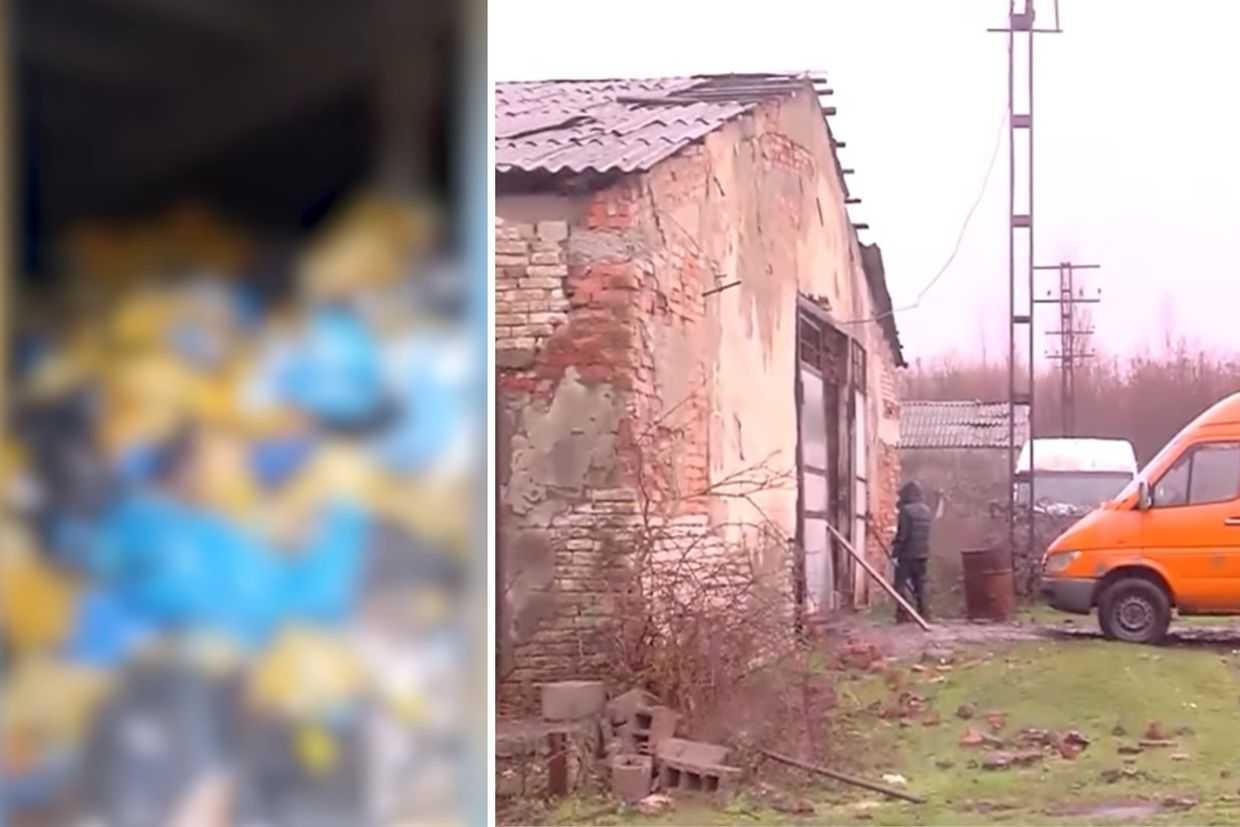
A Georgian anti-government activist has been fined ₾2,000 ($600) after being arrested while shouting anti-government slogans outside parliament.
Nodar Rukhadze, an activist from anti-government group the Shame Movement, was standing on the pavement outside the closed gates of parliament shouting into a megaphone when he was approached by a group of police officers and told to move.
In a footage released by the Shame Movement, Rukhadze is seen shouting anti-government messages such as ‘shameful slaves’, targeting the government, and Prime Minister Irakli Gharibashvili in particular.
The video shows a police officer approaching him and asking him to move away from the gates. After a brief exchange, the officers forced him into a nearby police van.
Tbilisi City Court fined Rukhadze for disobeying police. However, the Interior Ministry had requested he be jailed; disobeying police carries a maximum sentence of 15 days administrative arrest.
The arrest on Tuesday came shortly after opposition leader Nika Melia was detained in a raid on the UNM party offices in Tbilisi.
[Read more on OC Media: Protests and Western condemnation after Georgia opposition raid]
Rukhadze told OC Media that he came to the gates of the parliament because he knew government officials were in the yard of parliament paying tribute to the victims of the Soviet occupation.
‘A police officer approached me and you can tell from my expression in the video, I couldn’t understand what was going on. I was sure that they would just take me to the other side of the road and I was ready to follow them, but halfway through I realised they were taking me to the car and arresting me’, he recalled.
‘It was unthinkable — using such force for standing on one spot and chanting. They were arresting one person and about eight or nine police officers were involved. Absurd.’
Guro Imnadze, a lawyer from local rights group EMC, told OC Media that Rukhadze’s arrest was ‘unprecedented’.
He said that Rukhadze was expressing a peaceful protest in a public space and that police had no grounds to move him from where he was standing or to arrest him.
Imnadze said that the arrest came without any explanation or suggestion for him to act differently.
‘Even when there are specific grounds, like for example, a citizen is blocking a road, the police have to use a light measure, use proportionate force — prevent the person from staying on that particular spot, but not arrest them’, Imnadze explained.
In this case, he said that the protest was not interfering with any movement.
Imnadze also said that the Interior Ministry’s request to jail Rukhadze was ‘unheard of’.
‘When a police officer is part of obvious lawlessness, is clearly violating the law, is abusing their own competence, is misinterpreting the law — if a citizen is not obeying this, is resisting — this cannot be considered disobeying police or be considered grounds for a strict sanction’, Imnadze said.
He added that in the recent past, police had frequently abused such measures — arresting people, moving them away from specific areas, and releasing them in several hours.
‘This is very problematic’, he said.
Rukhadze told OC Media that he planned to appeal the court’s decision, and if necessary, take it to the European Court of Human Rights (ECHR).
When approached for comment by OC Media, the Interior Ministry did not state on which basis Rukhadze was asked to move, nor why they asked the court to jail him.









